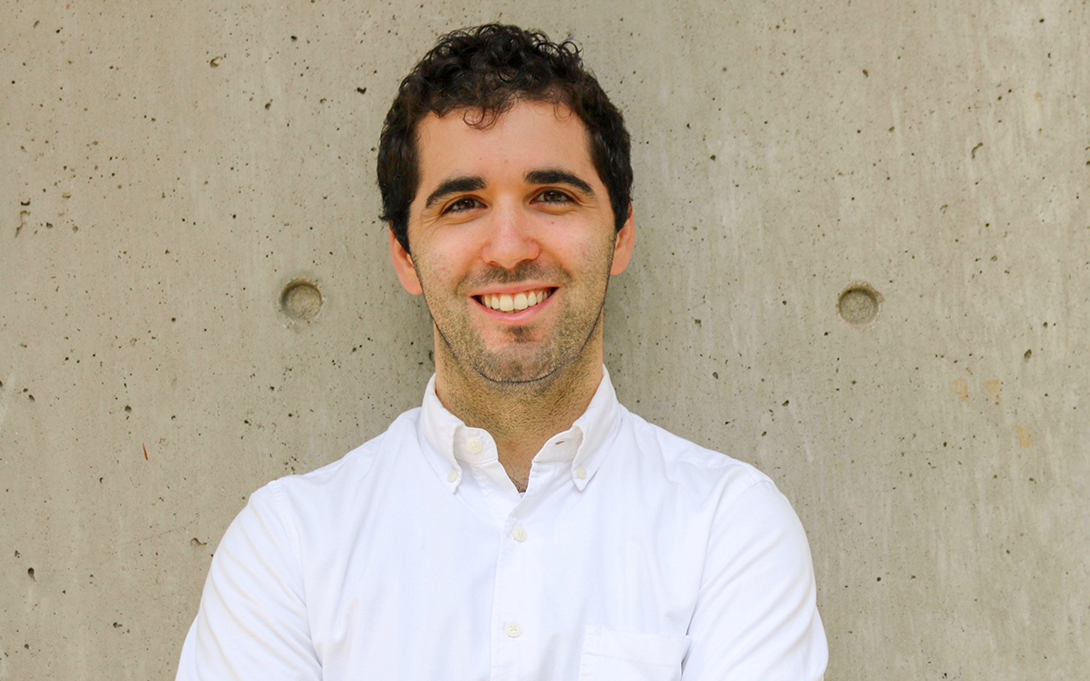
Ben Green was selected as one of six University of Michigan Society of Fellows for a three-year appointment. He will be an assistant professor at the Ford School working on a book project and teaching students. His research focuses on the social and policy impacts of data science, with a focus on algorithmic fairness, municipal governments, and the criminal justice system. Green’s book, The Smart Enough City: Putting Technology in Its Place to Reclaim Our Urban Future, was published in 2019 by MIT Press.
Welcome to the Ford School, Ben!
Ford School: What are you working on these days?
My research focuses on the social and political impacts of digital technology, with a focus on algorithms used by governments. I’ve been working on two main projects this summer.
First, I’m working on experimental research study of how algorithmic “risk assessments” influence human decision-makers. As governments increasingly use algorithmic risk assessments when making consequential decisions, particularly in the criminal justice system, it’s incredibly important to have rigorous evidence about how these algorithms affect outcomes in practice rather than merely about how accurately the algorithms make predictions. Through an online experiment with more than 2,000 people, I found that algorithmic risk assessments cause human decision-makers to become more risk averse when making decisions related to pretrial release and government loans. These shifts in decision-making caused by the risk assessment are likely to exacerbate racial disparities and reduce government aid—yet because these shifts are caused by an unexpected human-algorithm interaction, they would not be subject to any democratic deliberation or oversight. These results raise new challenges regarding the desirability of integrating risk assessments into government decision-making.
Second, I am completing the work of editing a volume of essays interrogating “tech ethics”: the introduction of ethics into technology teaching, development, and governance. In response to concerns about the social harms associated with digital technologies, academics, technologists, companies, and governments have articulated the need for ethics in computing research, industry, and training. Yet as more groups embrace ethics, evidence has begun to indicate that many of these efforts have limited benefits and may even subvert more substantial reforms. This interdisciplinary volume takes up these questions, interrogating the value and limits of ethics as an organizing frame for improving technology and articulating several approaches to developing more just technology. My own contributions to the book 1) argue for a sociotechnical approach that looks to the social construction and real-world effects of “tech ethics” and 2) develop a theory of data science as a form of political action.
Ford School: What courses do you enjoy teaching?
I love teaching about the intersection of digital technology and public policy. Because this topic is so interdisciplinary, everyone is exposed to new concepts and ideas, no matter what their background is. This necessitates collaboration among students and fosters the ability to translate ideas across disciplines, which is essential for research and policymaking in this area.
This coming year, I’m excited to be developing a new course related to algorithms, government, and social change.
Ford School: What do you do for fun?
This summer I’ve been trying to get outside from quarantine as much as possible, so lots of runs and long walks around town. I’ve been in New York City, but am excited to explore Ann Arbor! I’ve also been catching up on lots of reading (including several books by Erik Olin Wright) and TV (including Avatar and The Sopranos). My cat Leo appreciates all the additional time I’ve been at home for him to sit in my lap. I love to travel and was planning to spend several weeks in Japan this summer, but that’s been postponed.
Ford School: Is there anything else you'd like to share with Ford School students?
I’m incredibly excited to be joining the Ford School community! Especially given that we will not spend too much time physically in Weill Hall, I am eager to find other ways to get to know everyone. Please feel free to reach out if you ever want to discuss any topics at the intersection of data science and public policy.
